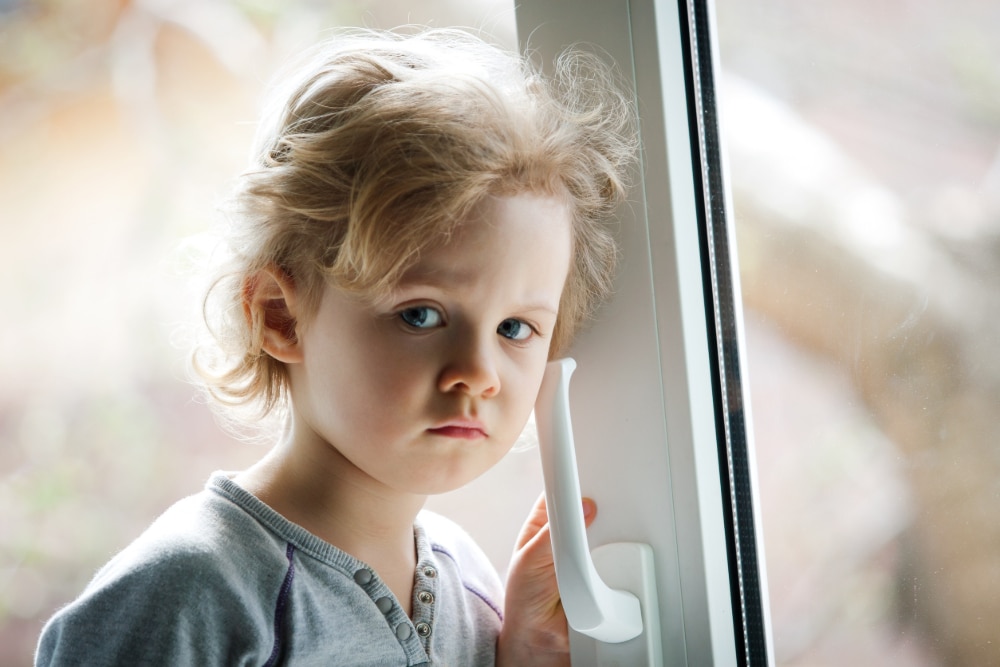The Children of Addiction

Let’s start with the latest numbers. In 2023, 46 million adult Americans received a diagnosis of substance use disorder (SUD) during the year. An estimated 19 million American children live with a parent diagnosed with an SUD. That is one out of every four children in America being raised with a parent suffering from an SUD.
Let’s be clear about this: A diagnosis of SUD is not easy to get. You can drink alcohol to excess every day and still not have an SUD. You can use cocaine, heroin and fentanyl on a regular basis and still not have an SUD. The criteria for SUD are not how much substance you intake, but how much damage it’s causing to you and your family.
To qualify as an SUD, a person must match at least two of the 12 signs of an SUD in the Diagnostic and Statistical Manual of Mental Disorders (DSM-5). These include such things as a desire to curb the behavior, an inability to control the behavior, and negative impacts resulting from the behavior. For 46 million Americans to qualify for the hard-to-get designation of SUD is stunning testimony to the prevalence of substance abuse in American culture.
How does having a parent, guardian or caregiver with an SUD impact childhood development? In 2019, Johns Hopkins University sounded the alarm on the children of addiction with a report on the devastating consequences of opioid use disorder (OUD). At the time of the study, conducted in 2017, 2.2 million American children had a parent or guardian with OUD.
What did these children face as a result?
- 240,000 have had a parent die due to OUD
- 325,000 live in foster care due to a parent with OUD
- 10,000 have a parent with a lengthy prison sentence
- 170,000 are themselves addicted to opioids
A massive study published earlier this year in JAMA Pediatrics came to the following conclusion:
Children exposed to parental SUD are more likely to develop adverse health outcomes than their peers without parental SUD exposure, including early substance use initiation, substance-related problems, and mental health disorder.
The Johns Hopkins survey noted the following impacts traced to growing up in a household with an SUD parent:
- additional spending on healthcare
- additional spending on special education
- child welfare costs
- criminal justice costs
- productivity losses
They even calculated a number for the added direct costs to the government (not including lower productivity) of raising a generation with one quarter of the kids having an SUD parent: $400 billion dollars!
In a richly detailed exploration of the children of addiction, Dr. Addie Angelov, a childhood education specialist, listed some of the problems resulting from SUD parenting:
The children of addicts are overwhelming schools with higher rates of special education and behavioral health needs, the welfare service system, the health care system, the justice system, and Medicaid. They experience higher rates of abuse and neglect than children who do not have a parent with addiction issues and are at an increased danger of not graduating high school. Specifically, children of addicts have lower rates of attendance and academic achievement, while also experiencing higher rates of behavior issues.
Dr. Angelov objects that none of the opioid settlement funds for Indiana have been spent addressing the needs of the children of addiction. Our own journalism has shown that early intervention teaching new parents how to calm and soothe their children, and how to de-escalate tension and conflict, generates enormous benefits for both children and parents. This is where settlement money should be spent.
New research from China shows the impacts of such interventions on the performance of college-age students. “Positive parenting styles” led to an increase in self-control and self-esteem and a reduction in addiction. When “cultivating self-esteem and strengthening self-control” was taught at an early age, students were able to “overcome” the impacts of negative parenting styles.
The children of addiction are innocent victims who deserve special attention to improve parenting skills, build self-control, and strengthen self-esteem. Research shows that if they receive this early support, they can overcome the disadvantages of negative parenting, resist the temptations of substance abuse, and become the architects of their own futures.
Written by Steve O’Keefe. First published August 13, 2025.
Sources:
“US Children Living With a Parent With Substance Use Disorder,” JAMA Pediatrics, May 12, 2025.
“The Opioid Epidemic’s Toll on Children,” Johns Hopkins University, December 10, 2019.
“Voiceless Victims: the second generation of the opioid addiction crisis,” Indiana Capital Chronicle, July 30, 2025.
“Parenting styles and internet addiction in college students: self-esteem and self-control as mediators,” Frontiers in Psychology, August 8, 2025.
Image Copyright: maximkostenko.




